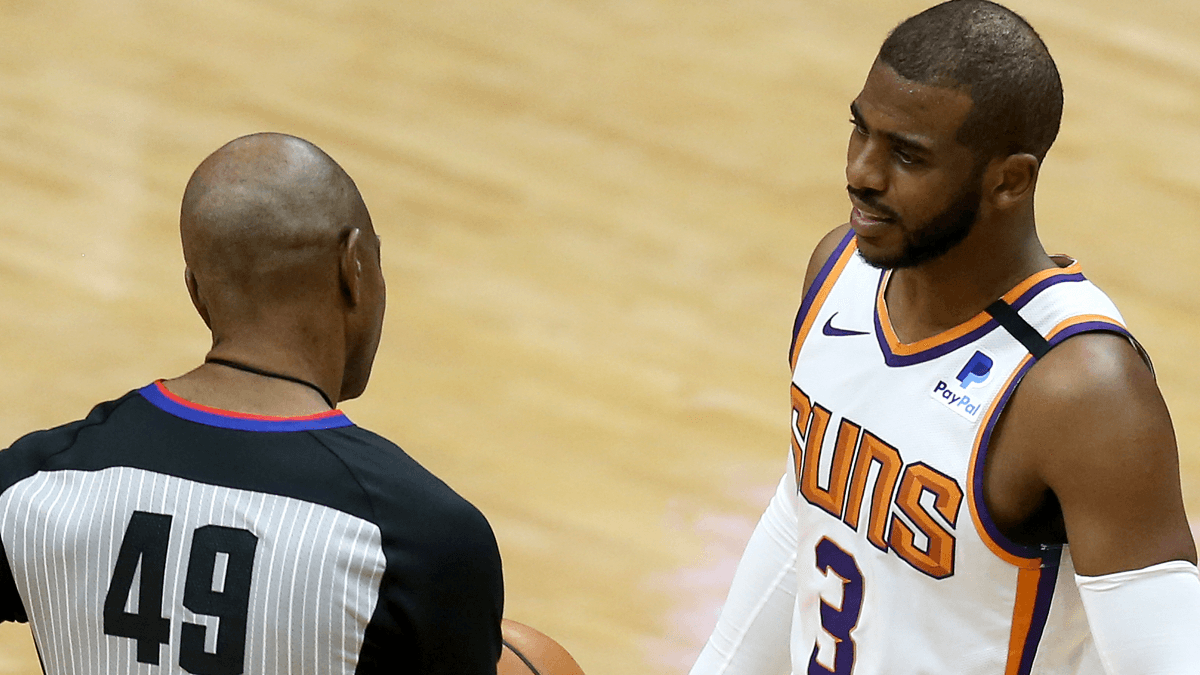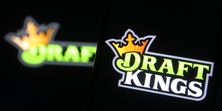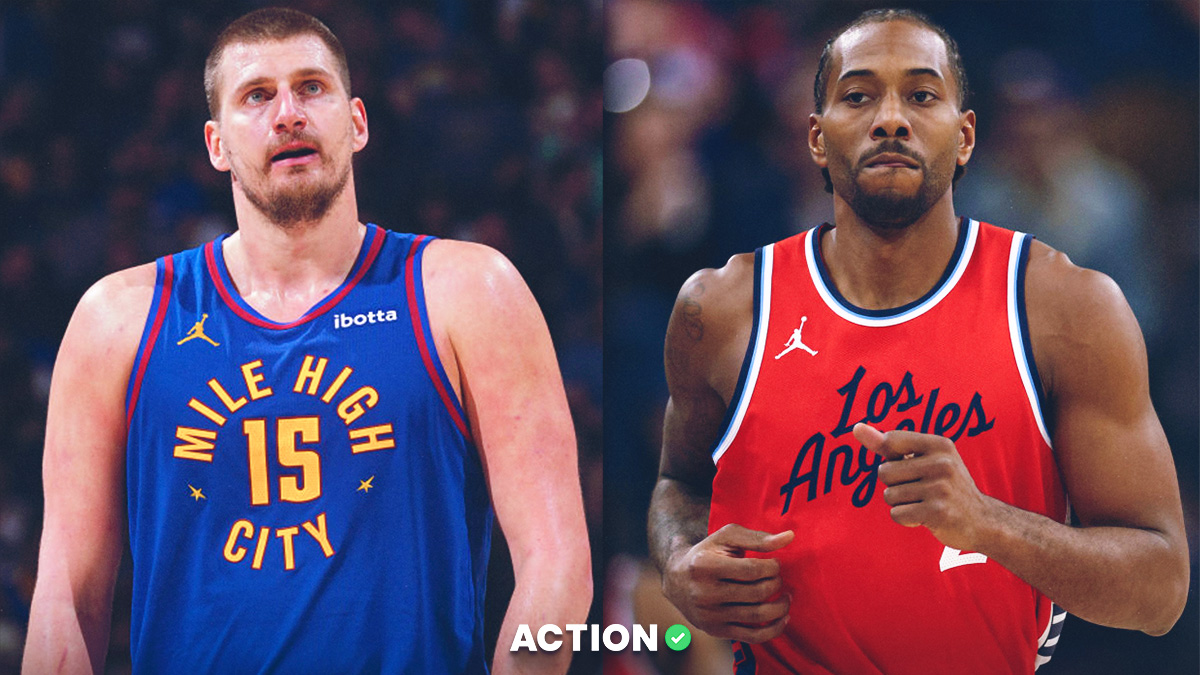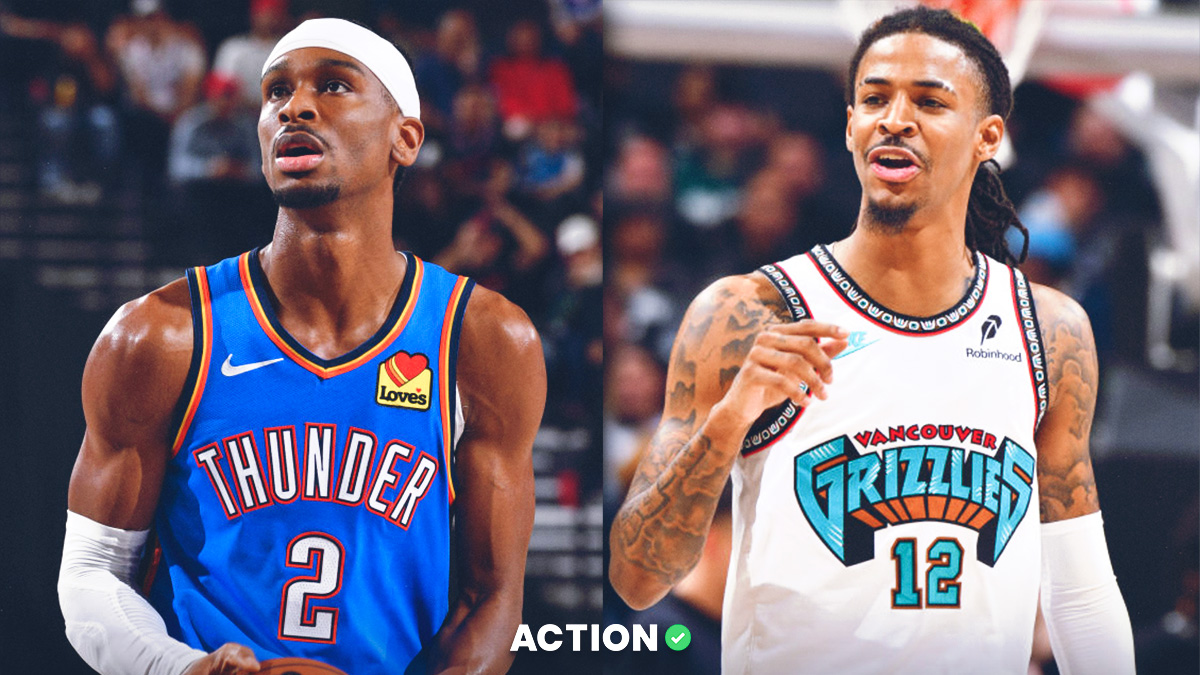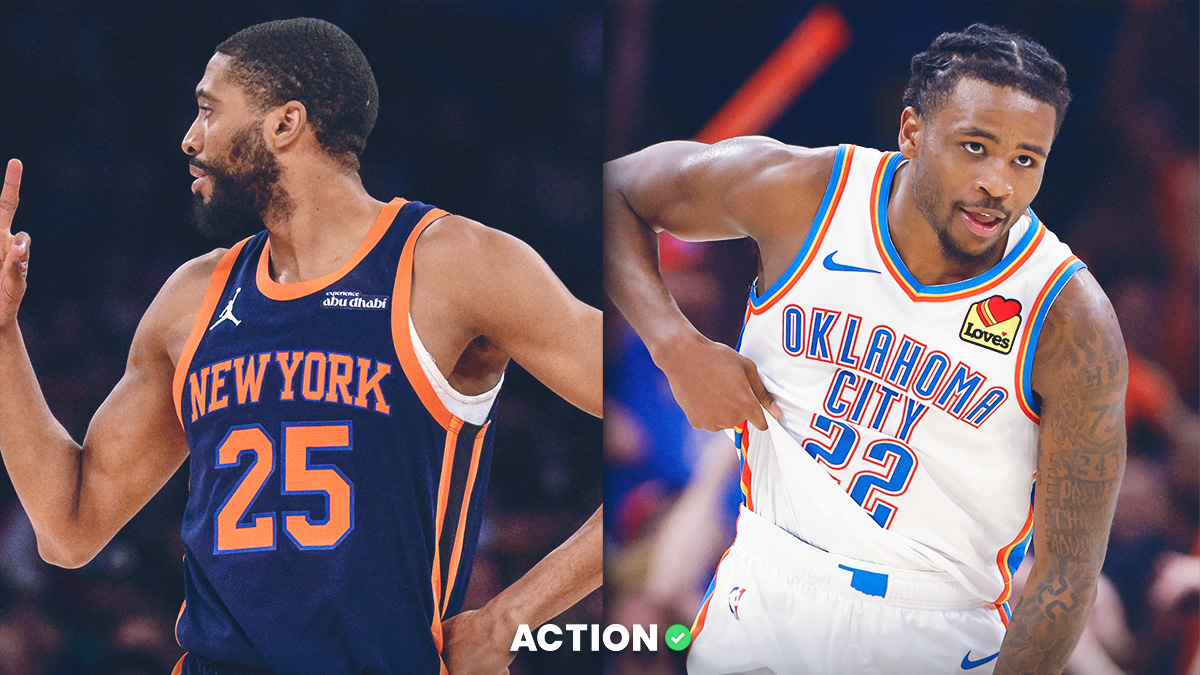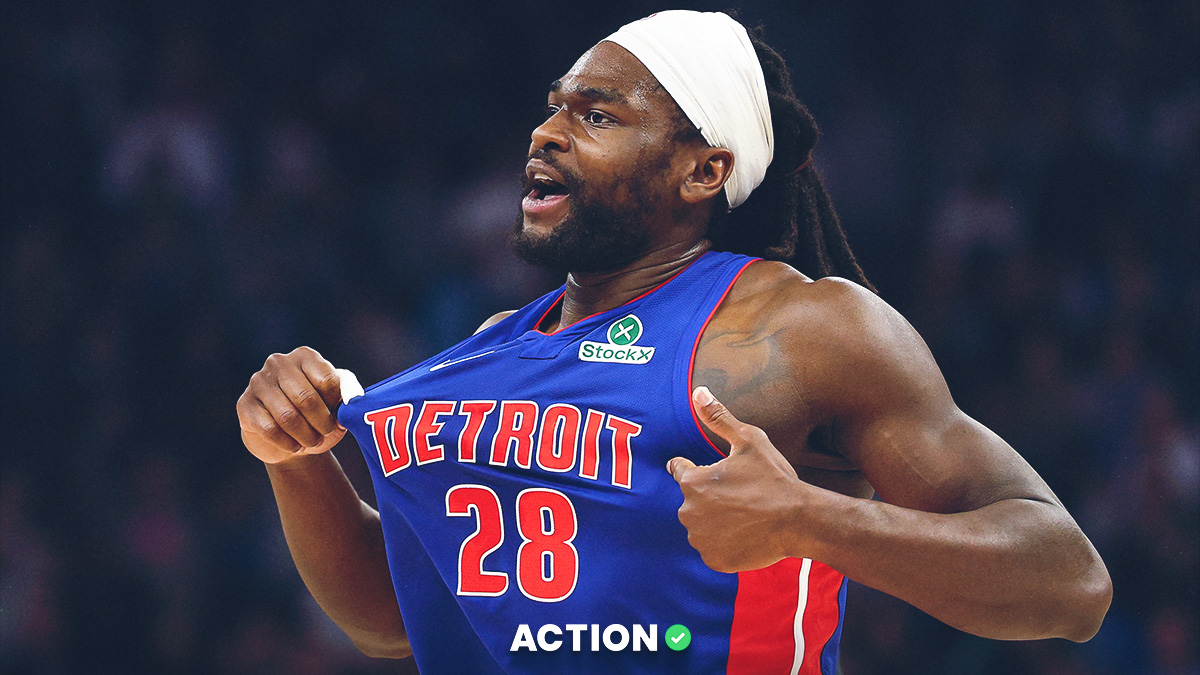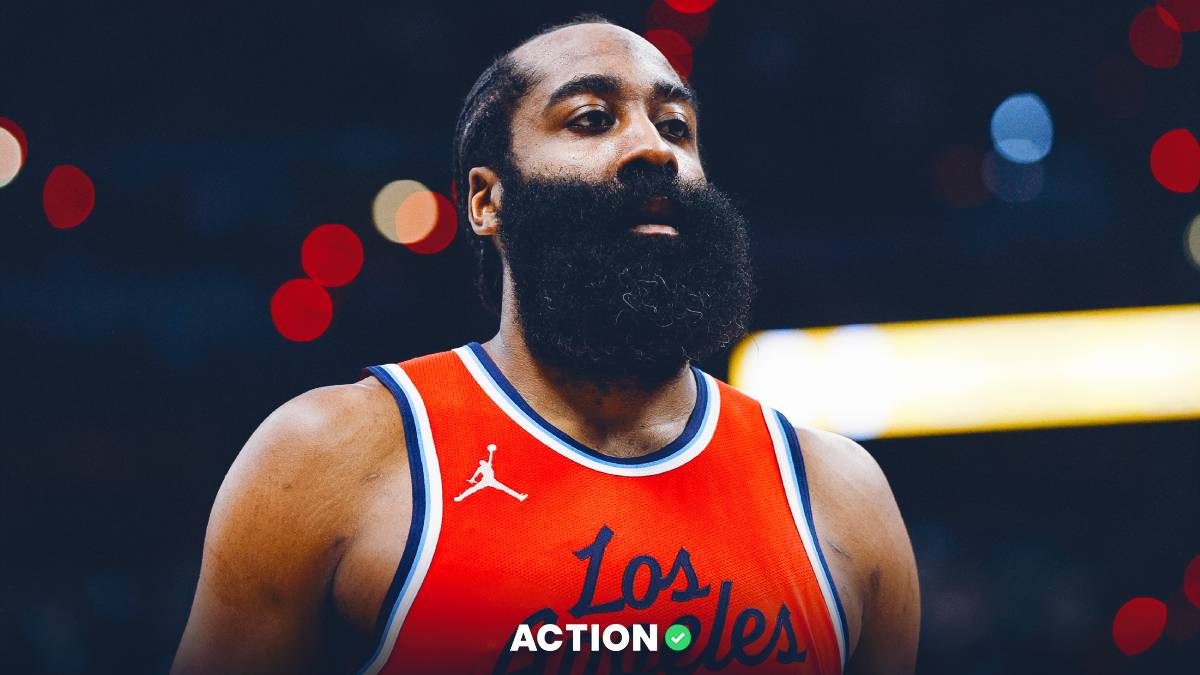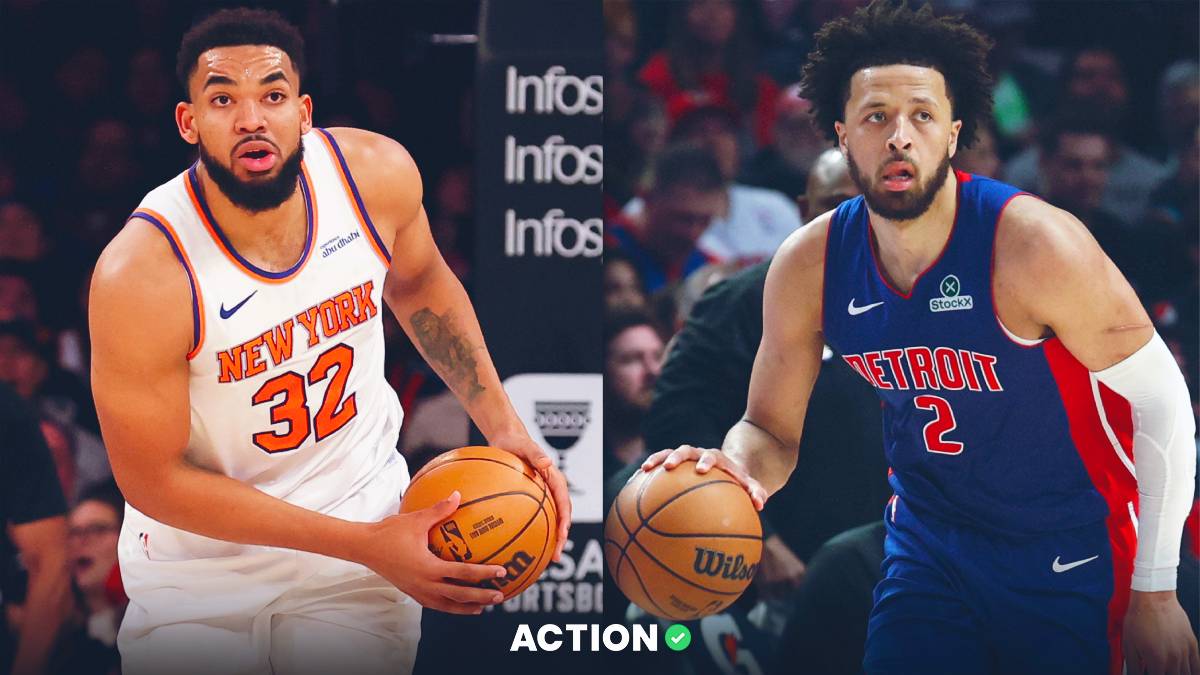As legal sports gambling spreads across the nation, more attention than ever is being paid to the smallest moments of every game. That's been especially true this NBA season. Plays that don't have any impact on the final outcome — Should someone have been given an assist? Who deserved credit for that rebound? — are being called into question by bettors wagering on nearly every statistic the NBA records.
Last week, Chris Paul was given a rebound instead of Mikal Bridges, keeping Bridges' rebound prop under. There have been plenty more just in January — a Nikola Jokic rebound, an Anthony Edwards steal, a Jae Crowder rebound.
Bettors and fans have been left in the dark on how the NBA reaches these verdicts during the game, but have taken to social media agitating for changes.
Anthony Edwards finished with no steals tonight in the box score 🤔 pic.twitter.com/txr2RBEt00
— The Action Network (@ActionNetworkHQ) January 28, 2022
The Action Network sat down with NBA officials to understand how the league records the thousands of statistics entered into the record books every night.
"Our statistics are the historical record of the league," said Scott Kaufman-Ross, the NBA's senior vice president who heads up their gaming division. "Our fans are statistics-obsessed, needing to know who has the most triple doubles or points per game."
It's an intricate collection program that has been in place for several years, built at first to satisfy the league's desire for accuracy and stat-hungry fans. It's taken on new importance with gambling's rise.
The process begins with each game having a primary and secondary caller of the stat and a primary and secondary inputter, all of whom are game-night staff of the home team. There's also an overseer of the whole process — a stat auditor –who works for the NBA's basketball department.
"Everyone responsible for stats can communicate with each other throughout the game — with access to real -time video — to instantly review what is happening," Kaufman-Ross said. "The play-by-play feed is updated with sub-second latency."
If there's a debatable entry or a stat that needs review, it's looked at by in-arena statisticians and the stat auditors, who are located in the Game Operations Center in Secaucus, N.J. The majority of the changes are made in real time. Others might be corrected minutes later.
The league built a dedicated high-speed network to transfer video for official data purposes in 2014. It was expanded in 2020 to a 100-gigabyte network, enabling all 30 teams to see 12 angles of any video transferred at the speed of light. Any video comes with both the clock and score embedded within the video.
Such specificity is helpful when there is a call that needs further clarification and involves a postgame discussion with in-arena statisticians and the stat auditors. But, even with the dedicated personnel and the technology, mistakes happen and bettors want to know why. On Tuesday, Feb. 1, for example, bettors questioned a Wendell Carter Jr. rebound and Franz Wagner assist with the Magic.
"Are there slip ups that happen?" Kaufman-Ross asked. "Yes. They are rare. But our system is constructed to catch everything before anything is noticed."
There have been roughly 350,000 play-by-play events this season, which translates to more than 2.4 million different stats (for example, a made basket by a player and an assist, are one event but two separate plays). The small percentage of mistakes have largely had little to no effect on bets. But the few that do slip through have garnered major attention.
"This isn't a new phenomenon," says Kaufman-Ross. "But obviously with gambling now legal in a number of states, there's more eyeballs on everything."
When the pressure mounts on a stat that a gambler thinks was entered wrong, it falls not only on the NBA, but on the sportsbook.
Many house rules for books state that settled bets are based on the call when the game ends. On DraftKings, for example, if it decides to refund a customer whose bet changed after the game, refunds are deposited into the bettor's account as a cash site credit.
FanDuel's policy on stat corrections has been, "where it is obvious or where there is an official correction to an individual stat, FanDuel will continue to work with all relevant bodies to ensure we honor all winning wagers in good faith," spokesperson Kevin Hennessy said.


